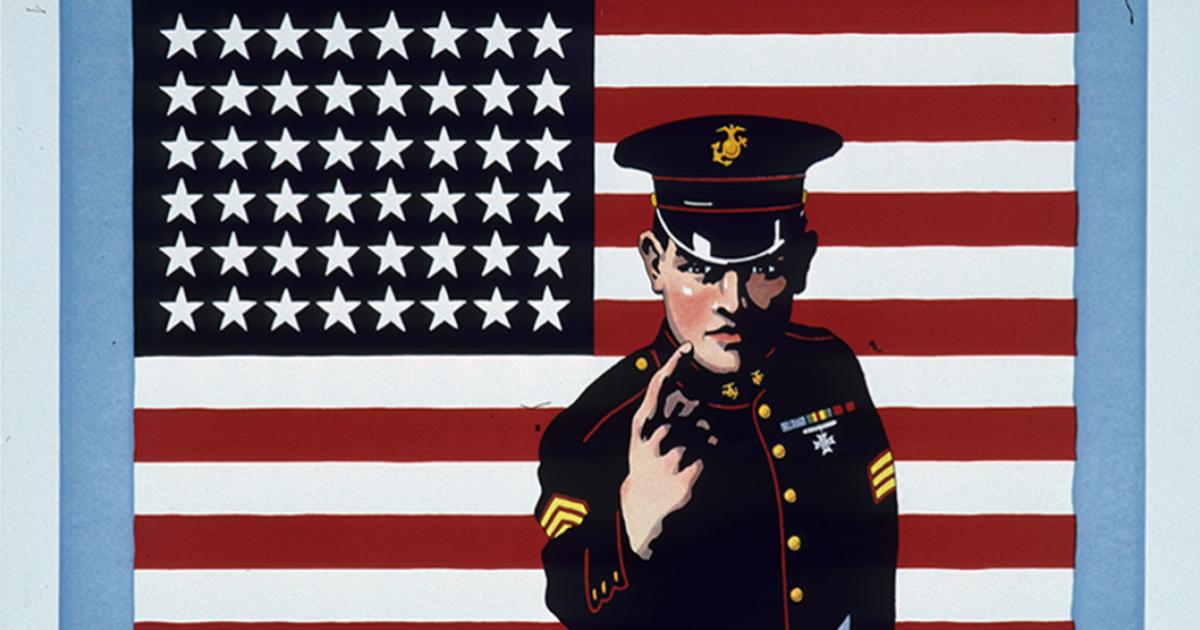Yes, and the trouble is that both China and Russia have unstoppable hypersonic missiles that will break an aircraft carrier in half, and take down all the Marines with it.
Actually, as we have seen those "Hypersonic Missiles" are not as great as they are made out to be.
And "Marines on Carriers"? There have not been Marines on carriers for around 3 decades now. The "Sea School" was closed back during the Clinton Administration, and we have not had Marines stationed on Navy Ships in decades.


